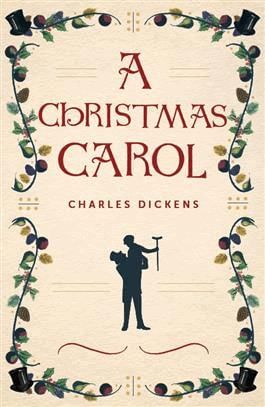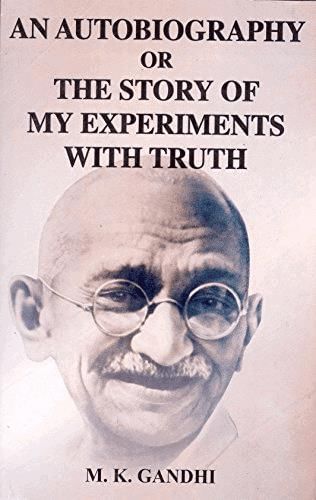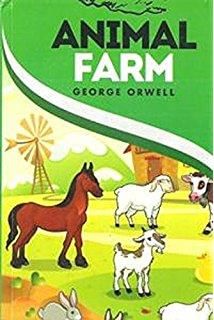Compassion and Forgiveness Quotes - A Christmas Carol | A Christmas Carol - Summary, Themes & Characters - Novels PDF Download
"Home, for good and all. Home, for ever and ever. Father is so much kinder than he used to be, that home's like Heaven! He spoke so gently to me one dear night when I was going to bed, that I was not afraid to ask him once more if you might come home; and he said Yes, you should; and sent me in a coach to bring you. And you're to be a man!" said the child, opening her eyes, "and are never to come back here; but first, we're to be together all the Christmas long, and have the merriest time in all the world." (2.70)
There's something weird about the way this backstory just totally skips over the "dad's not crazy anymore!" explanation here, no? So does this mean that their dad was irrationally blaming little Ebenezer for something and now no longer does? Or is the idea that the kids immediately forgive their dad once he becomes "kinder than he used to be" (which, yikes, nice understatement there)?
"I would gladly think otherwise if I could," she answered, "Heaven knows! When I have learned a Truth like this, I know how strong and irresistible it must be. But if you were free to-day, to-morrow, yesterday, can even I believe that you would choose a dowerless girl—you who, in your very confidence with her, weigh everything by Gain: or, choosing her, if for a moment you were false enough to your one guiding principle to do so, do I not know that your repentance and regret would surely follow? I do; and I release you. With a full heart, for the love of him you once were." (2.128)
It's funny that however earnest this speech of self-sacrifice from Scrooge's ex-fiancée is meant to be (and it's pretty clear that she really is supposed to be trying to do the right thing here by freeing him from the engagement contract with total understanding), all of it can be read in a hilarious passive-aggressive tone. Which would of course make it wildly vindictive and non-forgiving, and therefore all the more entertaining.
"It should be Christmas Day, I am sure," said she, "on which one drinks the health of such an odious, stingy, hard, unfeeling man as Mr. Scrooge. You know he is, Robert! Nobody knows it better than you do, poor fellow!"
"My dear," was Bob's mild answer, "Christmas Day."
"I'll drink his health for your sake and the Day's," said Mrs. Cratchit, "not for his. Long life to him! A merry Christmas and a happy new year! He'll be very merry and very happy, I have no doubt!"
The children drank the toast after her. It was the first of their proceedings which had no heartiness. Tiny Tim drank it last of all, but he didn't care twopence for it. Scrooge was the Ogre of the family. The mention of his name cast a dark shadow on the party, which was not dispelled for full five minutes. (3.79-83)
This might be the most psychologically realistic of the novella's ways of showing how people react to Scrooge. Here, the Cratchits run into a conflict between what they ought to be feeling (deference to Mr. Cratchit who is the head of the family and pities Scrooge; general good will because it's Christmas; a sense of Scrooge as a fellow human being), and what they do actually feel—that the man is an Ogre and they have no desire to toast him.
"His wealth is of no use to him. He don't do any good with it. He don't make himself comfortable with it. He hasn't the satisfaction of thinking—ha, ha, ha!—that he is ever going to benefit US with it.
[…]
"I am sorry for him; I couldn't be angry with him if I tried. Who suffers by his ill whims! Himself, always." (3.106,108)
This is the pretty much the clearest summary of why Scrooge is held up by the novel as the saddest, most in need of compassion of all the characters—he is just hurting himself and his psyche by his forced isolation. Sure, Tiny Tim has health issues, but he also has insight and the love of his family. In a weird way, he's much better off than Scrooge, at least, according to the text.
"It's likely to be a very cheap funeral," said the same speaker; "for upon my life I don't know of anybody to go to it. Suppose we make up a party and volunteer?"
"I don't mind going if a lunch is provided," observed the gentleman with the excrescence on his nose. "But I must be fed, if I make one."
[…]
He knew these men, also, perfectly. They were men of business: very wealthy, and of great importance. He had made a point always of standing well in their esteem: in a business point of view, that is; strictly in a business point of view. (4.20-21,30)
The anonymous business crowd of course completely lacks compassion for Scrooge. And yet, even they are shown to be buddies here. If the situation were reversed and one of them were dead, Scrooge wouldn't be one of the guys hanging out here chitchatting. Also, you gotta love the contrast between a businessperson in good standing and a human being. Looks like the two don't have much to do with each other.
"He is past relenting," said her husband. "He is dead."
She was a mild and patient creature if her face spoke truth; but she was thankful in her soul to hear it, and she said so, with clasped hands. She prayed forgiveness the next moment, and was sorry; but the first was the emotion of her heart.
[…]
[…] it was a happier house for this man's death! The only emotion that the Ghost could show him, caused by the event, was one of pleasure. (4.98-99,103)
Ooh, the ironic twist—that's what you get when you don't specify the kind of emotion you want the Ghost of Christmas Yet to Come to show you. Scrooge's death brings a feeling of relief to this family, because he won't come banging on their door, demanding they pay up on their old loans anymore.
"Good Spirit," he pursued, as down upon the ground he fell before it: "Your nature intercedes for me, and pities me. Assure me that I yet may change these shadows you have shown me, by an altered life!" (4.162)
Do we really think that the ghosts have feelings and are motivated to change the rules on Scrooge's behalf? It seems clear that they've been pretty convinced that he could change before they start in with the visions—otherwise, why bother? They could be having a lie down in their ghosty beds. Is it important for Scrooge to think that he has changed the phantom's mind here? Why or why not?
Some people laughed to see the alteration in him, but he let them laugh, and little heeded them; for he was wise enough to know that nothing ever happened on this globe, for good, at which some people did not have their fill of laughter in the outset; and knowing that such as these would be blind anyway, he thought it quite as well that they should wrinkle up their eyes in grins, as have the malady in less attractive forms. (5.70)
Scrooge has become a model of forgiveness. Ta-da!
FAQs on Compassion and Forgiveness Quotes - A Christmas Carol - A Christmas Carol - Summary, Themes & Characters - Novels
| 1. What are some famous quotes about compassion? |  |
| 2. Can you provide some famous quotes about forgiveness? |  |
| 3. How does the theme of compassion manifest in the novel "A Christmas Carol"? |  |
| 4. How does the theme of forgiveness play a role in "A Christmas Carol"? |  |
| 5. How does "A Christmas Carol" explore the connection between compassion and forgiveness? |  |




















